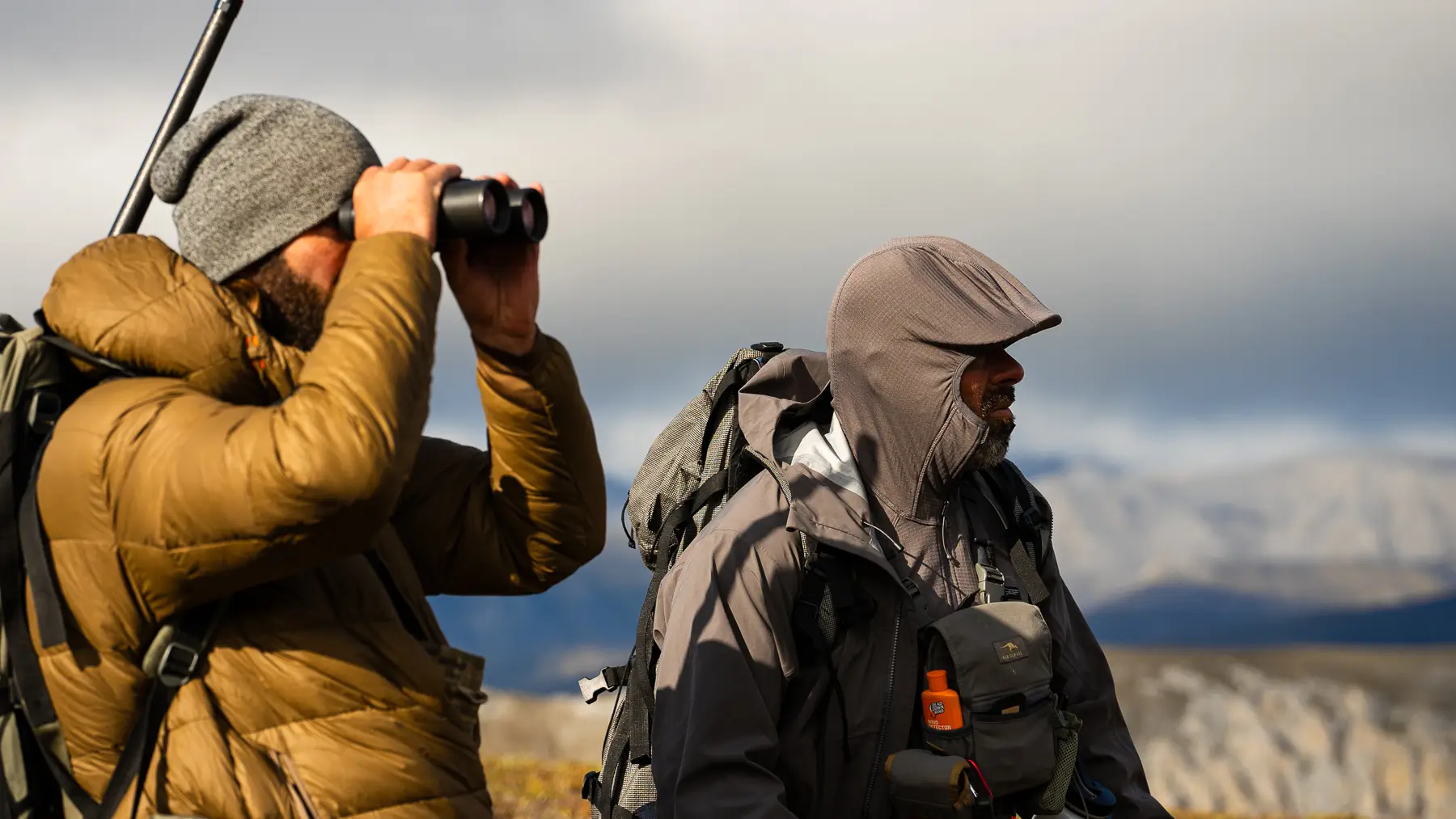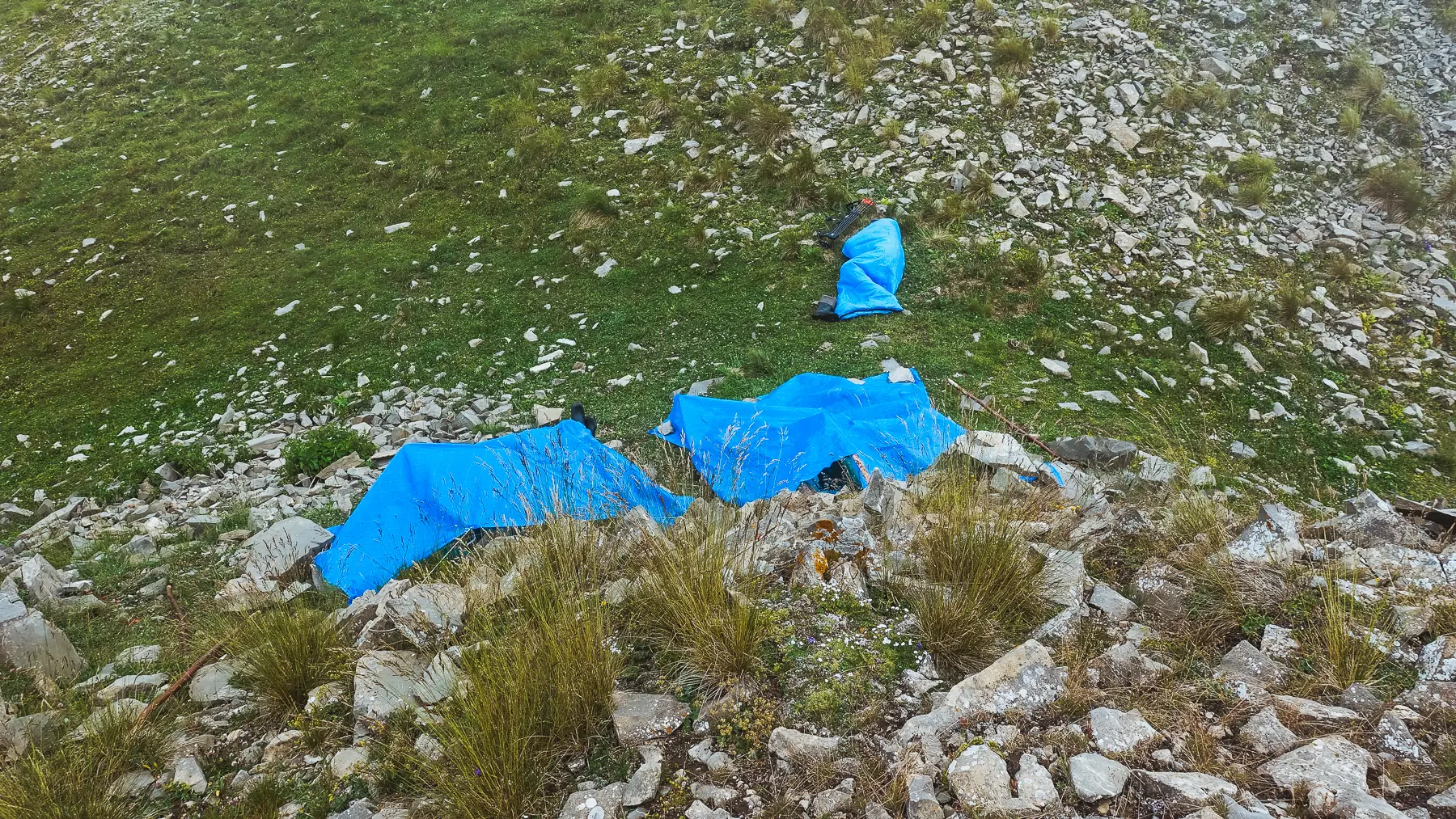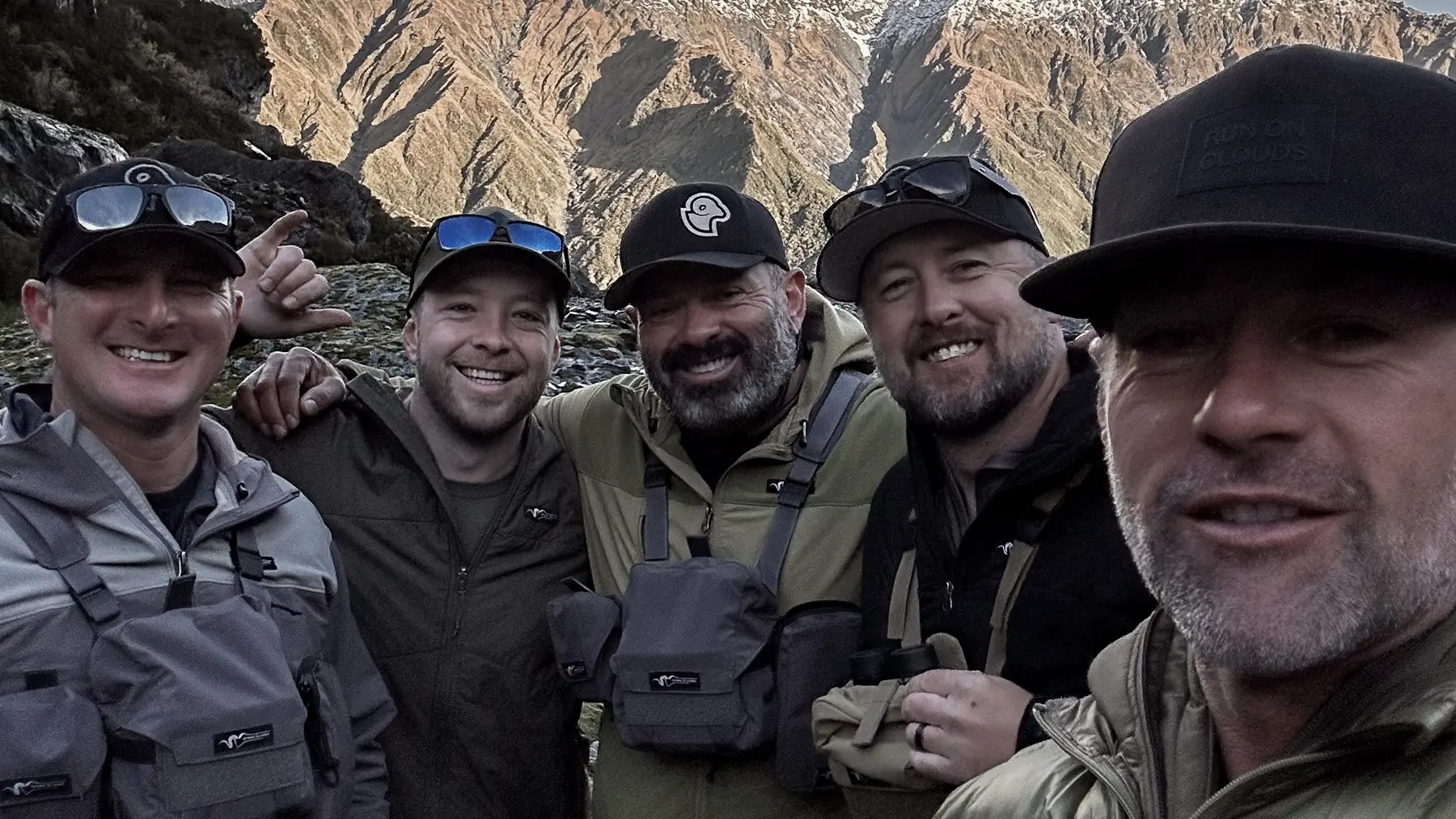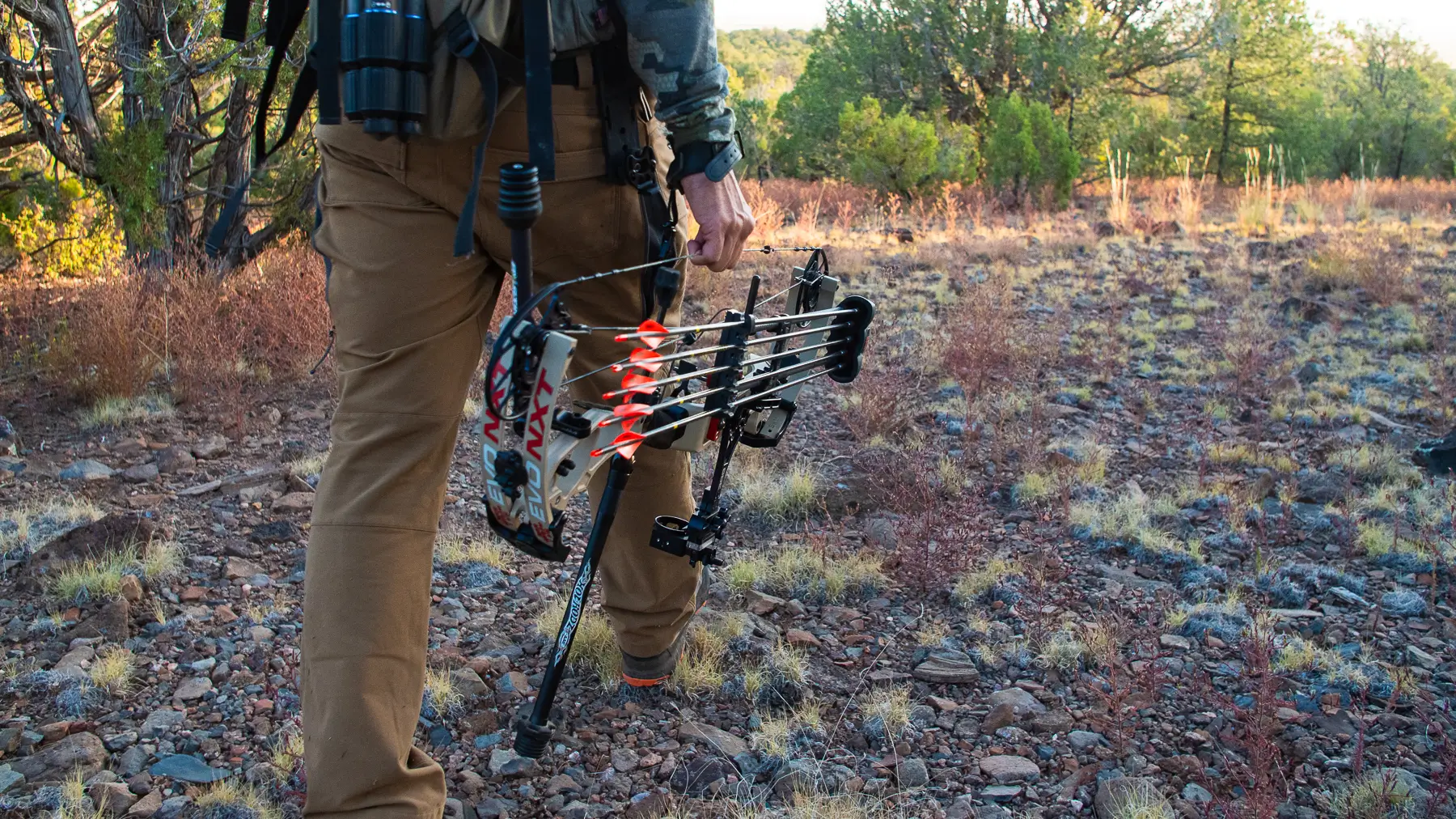The Great Gear Lie: How Our Obsession with “The Best” Steals Both Money and Experience
Our fixation on gear is costing us more than just dollars.
The modern hunter faces constant pressure to buy better gear for better results. But this assumption deserves scrutiny. We’ve become obsessed with having the best of everything, down to the most trivial items. When did we start paying premium prices for something as basic as game bags?
A few years ago, I hunted with a friend who had picked up the sport recently. Throughout the trip, he constantly asked about gear recommendations – which brands to use, what equipment worked best, seeking endless comparisons. The fixation was exhausting and took away from what mattered: the hunt itself.
This gear obsession has become a disease that drains both our wallets and our experiences.
The modern hunting industry barely resembles its historical roots. Today’s hunters often stand in high-tech blinds wearing the latest camouflage, carrying rifles worth more than used cars, surrounded by countless gadgets and specialty equipment. Yet their success rates rarely surpass those who hunt with basic, reliable gear.
Some technological advances have genuinely improved hunting – technical clothing extends our time in harsh conditions, and precision rifles enable shots that were once impossible. But many “must-have” items simply transfer money from our pockets to manufacturers’ – money better spent on actual hunting experiences.
Every dollar spent on unnecessary gear is one not invested in what truly matters: time in the field. That premium bow case won’t improve your tracking skills or protect your equipment any better than its basic counterpart. The real cost isn’t just financial – it’s the lost opportunities for genuine experience and skill development.
The path to becoming a better hunter lies not in equipment but in dedication to the craft. Consider how many high-tech rangefinders it would take to equal the cost of an Alaskan caribou hunt. Does that new rangefinder really make your previous readings any less valid?
Before buying new gear, ask yourself:
- Have I mastered my current equipment?
- Will this likely end up being resold soon?
- Does this significantly improve my hunting success or safety?
- Could this money better serve me as an investment in experience?
The great gear lie has convinced many that success can be purchased rather than earned. By recognizing this deception, we can refocus on hunting’s core elements: skill, experience, and connection with nature. Your success ultimately depends on knowledge and practice – not the price tags on your equipment.
Recent Posts
The Problem With Hunting Solo
There’s something romantic about the solitary hunter: a lone figure moving silently through the woods, testing themselves against nature. Those who can film...
The Best Gear Lie
The Great Gear Lie: How Our Obsession with “The Best” Steals Both Money and Experience Our fixation on gear is costing us more...
I’m Dead
watched a video on YouTube this week and that was the title. “I’m Dead.” It turned up in my suggested videos with over...
How I would do my 2019 Archery Elk hunt over again
n 2019 I had a Unit 10 archery elk tag. It is one of the top 5 archery elk tags in Arizona. I...





